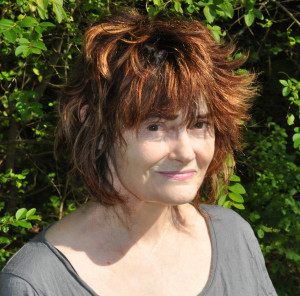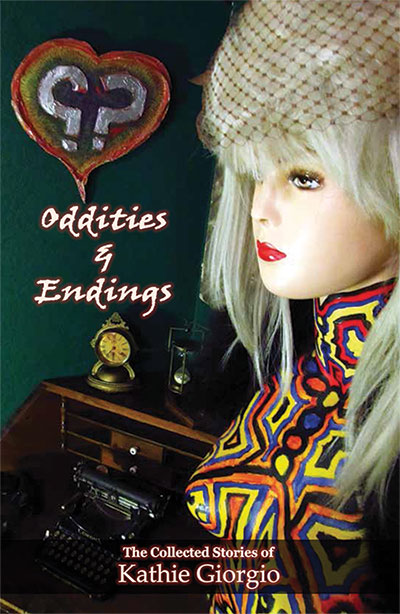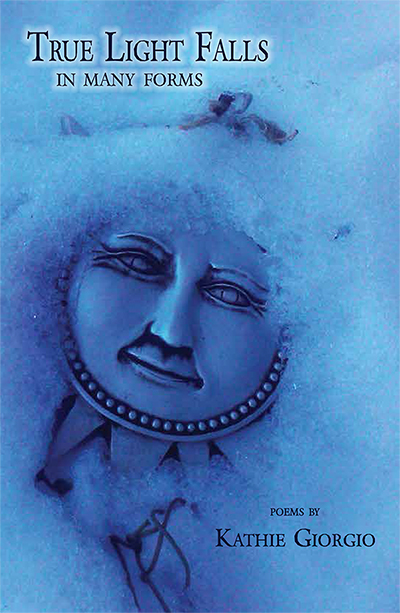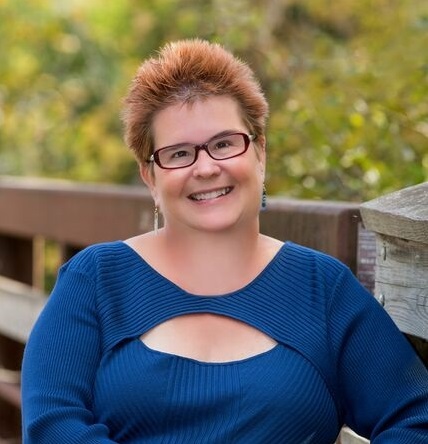Risky Behavior
 Writing, reading, and publishing are inherently risky behaviors. They won’t give you STDs, but other unfortunate consequences abound. First of all, being reviewed is a nightmare. You can decline to read your reviews, but reviews drive sales figures,, and if you don’t sell enough copies you are likely to be out of a publisher. The writer works hard to tell the truth as it appears to her—-or him—but someone—maybe many someones—will vehemently disagree. Yet not to tell the truth as you see it would be to stab yourself in the heart. Perhaps, then, it is best not to write, not to publish—except that is what you love to do. When you write, you forget time. You live in a world of music and art—sentences and images—and your one fealty is to your vision. People are going to like this, you think, forgetting that they might not.
Writing, reading, and publishing are inherently risky behaviors. They won’t give you STDs, but other unfortunate consequences abound. First of all, being reviewed is a nightmare. You can decline to read your reviews, but reviews drive sales figures,, and if you don’t sell enough copies you are likely to be out of a publisher. The writer works hard to tell the truth as it appears to her—-or him—but someone—maybe many someones—will vehemently disagree. Yet not to tell the truth as you see it would be to stab yourself in the heart. Perhaps, then, it is best not to write, not to publish—except that is what you love to do. When you write, you forget time. You live in a world of music and art—sentences and images—and your one fealty is to your vision. People are going to like this, you think, forgetting that they might not.
What’s more, writing doesn’t feel like a risk when you do it. All you are doing, you think, is solving this problem on this page and that one on that page; what you are doing seems as local as picking up a loaf of bread at the grocery store. But what you see as a loaf of bread, a reader may see as anti-feminist or leftwing or in some other way not in sync with the reader’s view of the world.
Of course, some writers hedge a bit when it comes to telling the truth. Some don’t even especially want to tell the truth; they prefer only to entertain or amuse and there is certainly nothing wrong in being entertaining or amusing, and neither entertainment nor amusement have to drive the truth away. Yet you do like to say what you think and it can be as hard not to think as to think. What, then, is a writer to do?
There is only one answer to that: Write. The world is full of stories about writers whose work was little published (Emily Dickinson) or was downgraded or more or less lost for a time (Shakespeare). No, mostly writers are not recovered from literary exile. And mostly reviewers and critics get things wrong. I’m allowed to say that because I myself write reviews and criticism.
 Some of my fictional characters have defined themselves by the risks they take. In my first novel, the main character chose to transfer from one med school to another to be near her boyfriend. Some people thought this was a feminist mistake. But the character was reluctant to allow herself to love, so I thought her action was brave. Another character, in a more recent novel, chose to have a child out of wedlock. I thought that was brave, too. In my newest book, A Kind of Dream, a woman who gave her first baby away returns years later to see her grown child. I think being willing to admit a mistake and face consequences is brave.
Some of my fictional characters have defined themselves by the risks they take. In my first novel, the main character chose to transfer from one med school to another to be near her boyfriend. Some people thought this was a feminist mistake. But the character was reluctant to allow herself to love, so I thought her action was brave. Another character, in a more recent novel, chose to have a child out of wedlock. I thought that was brave, too. In my newest book, A Kind of Dream, a woman who gave her first baby away returns years later to see her grown child. I think being willing to admit a mistake and face consequences is brave.
Reading is risky too, especially if, like me, you feel you have to read every word of every book you begin. Now that time is getting shorter, I’m learning to let go of books that don’t absorb me. But when I think of the books I more or less stumbled into, I realize how happy I am that I let myself stumble. Writers are readers, and perhaps that is the most important thing. We wanted to become writers because we read books that put the universe in our hands. When you have the universe in your hands, you don’t want to put it down. Ever.


